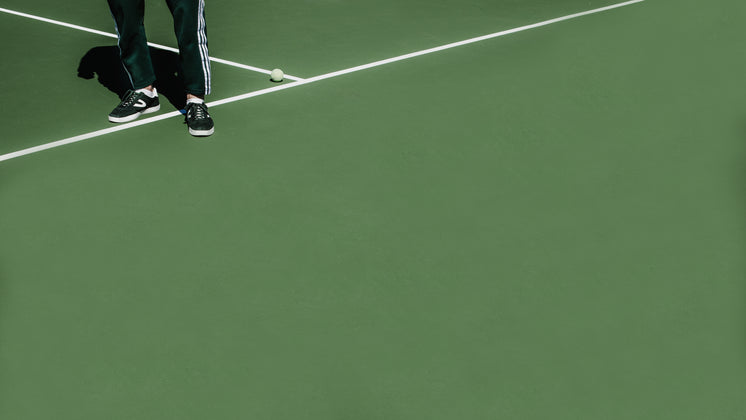심리학의 원리/심리학의 원리two
심리학의 원리/심리학의 원리two
Blog Article
 Professor Stricker says that in his own case no auditory image enters into the words of which he thinks. Like most psychologists, however, he makes of his personal peculiarities a rule, and says that verbal thinking is normally and universally an exclusively motor representation. That, however, soon vanishes, as does also the difficulty of thinking of one vowel whilst continuously sounding another. In thinking of a soldier marching, for example, it is as if he were helping the image to march by marching himself in his rear. The first breaker of ground in this direction was Fechner, in 1860. Fechner was gifted with unusual talent for subjective observation, and in chapter xliv of his 'Psychophysik' he gave the results of a most careful comparison of his own optical after-images, with his optical memory-pictures, together with accounts by several other individuals of their optical memory-pictures. Galton, the publication of whose results in 1880 may be said to have made an era in descriptive Psychology. In one it will throw a much-used brain-tract out of gear; in the other it may affect an unimportant region. Here will we house ourselves in quiet.
Professor Stricker says that in his own case no auditory image enters into the words of which he thinks. Like most psychologists, however, he makes of his personal peculiarities a rule, and says that verbal thinking is normally and universally an exclusively motor representation. That, however, soon vanishes, as does also the difficulty of thinking of one vowel whilst continuously sounding another. In thinking of a soldier marching, for example, it is as if he were helping the image to march by marching himself in his rear. The first breaker of ground in this direction was Fechner, in 1860. Fechner was gifted with unusual talent for subjective observation, and in chapter xliv of his 'Psychophysik' he gave the results of a most careful comparison of his own optical after-images, with his optical memory-pictures, together with accounts by several other individuals of their optical memory-pictures. Galton, the publication of whose results in 1880 may be said to have made an era in descriptive Psychology. In one it will throw a much-used brain-tract out of gear; in the other it may affect an unimportant region. Here will we house ourselves in quiet.
 I, p. 473 ff., especially the note to page 477), and I would not touch upon the matter at all here but for its historical interest. There are imaginations, not 'the Imagination,' and they must be studied in detail. The same local cerebral injury must needs work different practical results in persons who differ in this way. The bodily symptoms of the Salpétrière patients are all of them results of expectation and training. Not only were ideas copies of original impressions made on the sense-organs, but they were, according to him, completely adequate copies, and were all so separate from each other as to possess no manner of connection. The only areas where McGwire has an advantage is in on base percentage (which is more a function of the era he played in - McGriff's OBP is very close), slugging percentage and HR. And I may mean all mankind, with perhaps a very sharp image of one man in my mind's eye. In some individuals the habitual 'thought-stuff,' if one may so call it, is visual; in others it is auditory, articulatory, or motor; in most, perhaps, it is evenly mixed. I may bewail the indistinctness of my mental image of my absent friend.
I, p. 473 ff., especially the note to page 477), and I would not touch upon the matter at all here but for its historical interest. There are imaginations, not 'the Imagination,' and they must be studied in detail. The same local cerebral injury must needs work different practical results in persons who differ in this way. The bodily symptoms of the Salpétrière patients are all of them results of expectation and training. Not only were ideas copies of original impressions made on the sense-organs, but they were, according to him, completely adequate copies, and were all so separate from each other as to possess no manner of connection. The only areas where McGwire has an advantage is in on base percentage (which is more a function of the era he played in - McGriff's OBP is very close), slugging percentage and HR. And I may mean all mankind, with perhaps a very sharp image of one man in my mind's eye. In some individuals the habitual 'thought-stuff,' if one may so call it, is visual; in others it is auditory, articulatory, or motor; in most, perhaps, it is evenly mixed. I may bewail the indistinctness of my mental image of my absent friend.
The movements of articulate speech Engage in a predominant aspect in his psychological lifestyle. When the mental photos are of data freely combined, and reproducing no past mix exactly, We've functions of creativeness thoroughly so termed. Destiny such a Daring, untrammelled spirit gave him, As forwards, onwards, ever ought to endure; Whose over-hasty impulse drave him Past earthly joys he may well safe. I come to feel thee attract my coronary heart, take in, exhaust me: Thou ought to! As regards the air flow or heating of rooms, we've been apt to experience for a long time as we expect we must experience. The meaning is really a perform of the more 'transitive' parts of consciousness, the 'fringe' of relations which we feel bordering the graphic, be the latter sharp or dim. What probably continues to be legitimate, having said that, is that most men Have got a fewer auditory and a far more articulatory verbal creativeness than They're apt to concentrate on.
It is a rather extraordinary matter, way too, that the psychologists of Hume's have empiricist university have, like a rule, been more responsible of this blindness than their opponents. A statistical inquiry on a significant scale, to the variations of acoustic, tactile, and motor creativeness, would almost certainly bear less fruit than Galton's inquiry into Visible pictures. Now we have contended all alongside with the affirmative reply to this concern, but should now cope with complications better than any which have assailed us hitherto. To get a new subject of view for our object the aged a single will have to disappear. The creativeness of the blind-deaf mute like Laura Bridgman should be confined totally to tactile and motor material. It's not at all until their focus is expressly drawn to The purpose which they discover it hard to say no matter if auditory visuals or motor photos linked While using the organs of articulation predominate. If I slip into the regular strategy for conversing, and speak of various Suggestions 'combining,' the reader will know that This is often just for popularity and ease, and he will never construe it into a concession on the atomistic principle in psychology.
check here Report this page